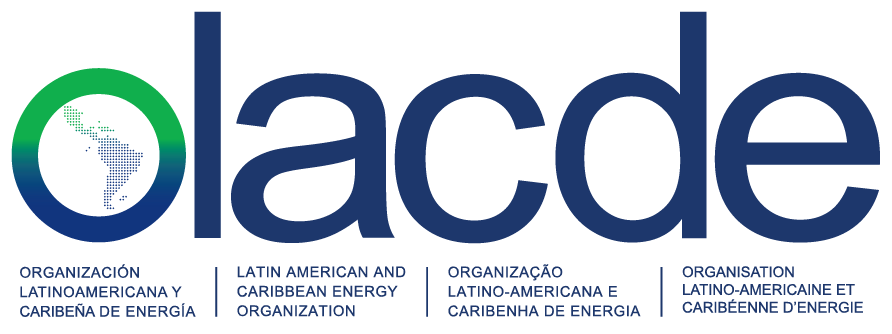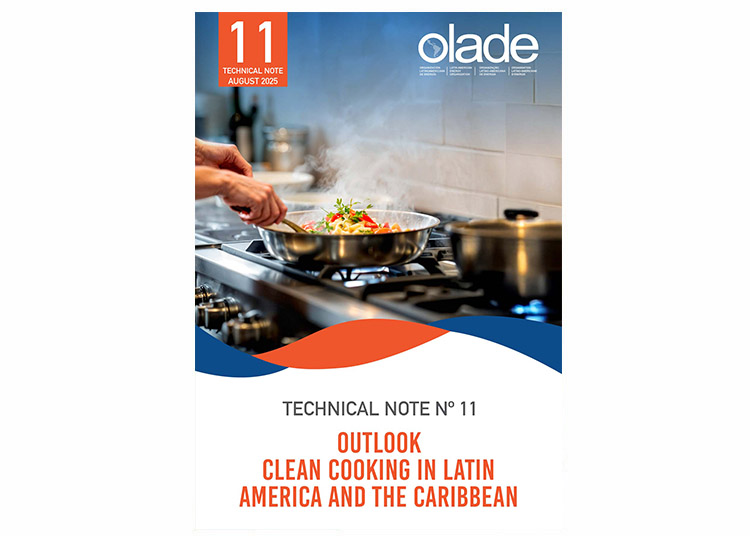The use of polluting fuels for cooking—primarily firewood—continues to represent a major challenge in Latin America and the Caribbean (LAC) in the pursuit of sustainable energy development goals, a high Human Development Index, and the protection of the health and well-being of current and future generations.
According to data from the World Health Organization (WHO), approximately 2.1 billion people worldwide cook over open fires, burning kerosene, wood, animal waste, agricultural residues, or charcoal, which leads to household air pollution. This pollution is linked to around 6.7 million deaths each year due to noncommunicable diseases such as strokes, ischemic heart disease, chronic obstructive pulmonary disease, and lung cancer. The most vulnerable groups—particularly women and children—are the most affected.
By 2024, it is estimated that approximately 78 million people in LAC relied on firewood for cooking and heating in their homes, representing 12% of the regional population. This technical note presents a coherent scenario developed by OLACDE for replacing firewood used for cooking with modern energy sources, so that by 2035, 95% of the region’s population will have access to cooking methods that are clean and safe for health.


